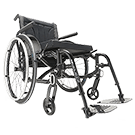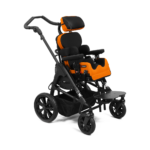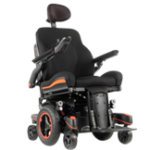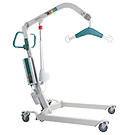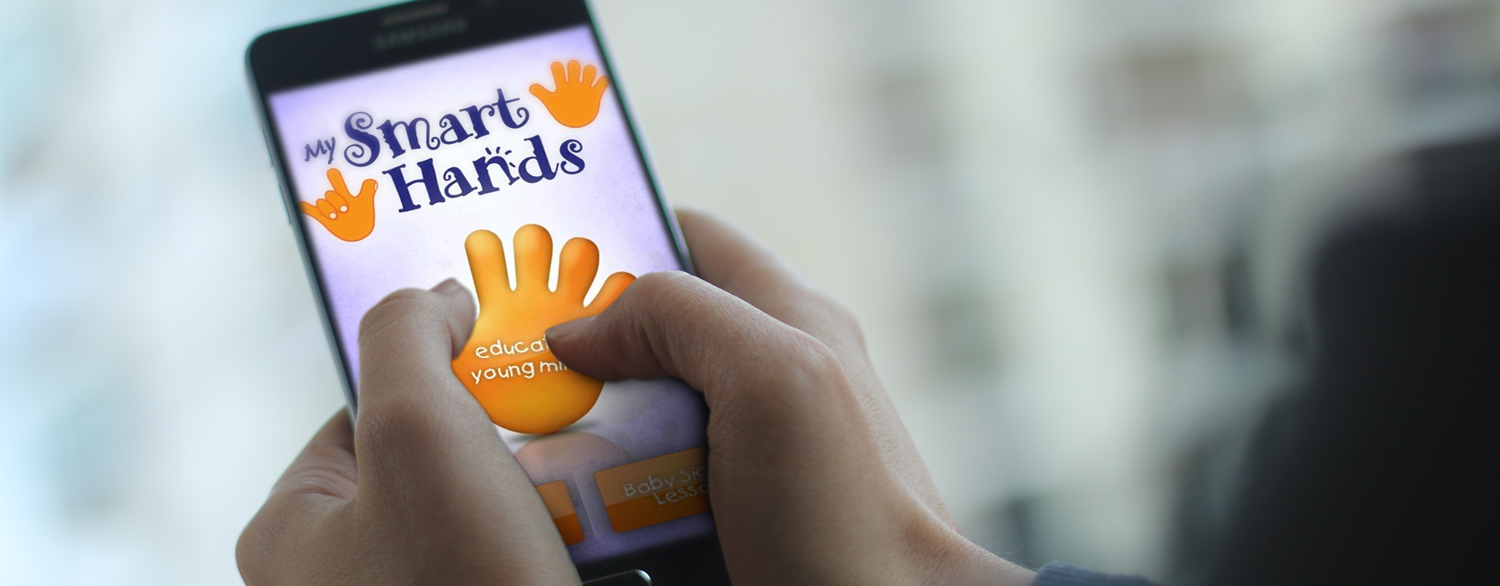
Five of the best apps for deaf and hearing impaired children
Harnessing technology to improve children’s hearing
The digital world in particular has been the site of incredible change, and the development of apps has revolutionised the way we live. Smartphones and mobile devices like tablets offer so much potential for people with disability to utilise resources that were much harder to access before the swipe of a phone or the tap of an iPad made things simpler.
As we have embraced these new technologies, developers and savvy entrepreneurs have seized the opportunity to develop new software that is targeted at a number of specific needs, and this has been a boon for people with disability. Apps for hearing loss are on the rise, and here we take a look at five of the best resources for deaf and hearing impaired children.
Five of the best apps for deaf children
1. GetTalking
The brainchild of Aussie scientists, GetTalking was first envisaged by Dr Belinda Barnet after her own experience raising her hearing impaired daughter. Aimed at infants and toddlers, GetTalking recognises speech and rewards them for speaking – or trying to speak. This sophisticated app relies on some pretty impressive artificial intelligence, and the team hopes that it will improve the lives of families who need to do repetitive speech activities.
2. Hear Coach
Hear Coach challenges auditory and cognitive acuity with a set of listening games that has been developed for the app in order to help children with hearing loss. It’s no secret that hearing in noisy environments can become a problem, which is where Hear Coach can help. The app features a series of tasks by level that challenge your ability to select sounds within noisy backgrounds. It is aimed at older children and teens with hearing loss, hearing aids or cochlear implants.
3. Little Ears
Pitched at toddlers and tiny tots, Little Ears is a nifty little app that was designed by parents, specifically to assist with early speech and language development. Simple to use and engaging, Little Ears has none of the unnecessary elements or distractions that can lead to overstimulation. Featuring 20 sets of illustrations with three images each, children tap to hear the names and sounds of the objects, and can do simple quizzes – all of which facilitate speech and language.
4. My Smart Hands
My Smart Hands is a baby sign language dictionary that helps parents and children learn ASL, in order to communicate pre-verbal needs. With more than 300 ASL signs included, there are also detailed instructions and tips and tricks for remembering each sign. With over 45 minutes of instructional videos and comprehensive search functions, this will make learning ASL easy. Once downloaded to your smartphone, it’s like having a dictionary in your pocket.
5. iMouf
Perfect for kids between the age of 3 and 9, iMouf helps children learn speech awareness, and how to differentiate between consonant sounds. iMouf makes speech exercises fun with the addition of a quirky mouse-human hybrid character, who delights with his cheeky sense of humour. His ears make it easier to hear sound differences, but his overgrown teeth make pronunciation a challenge – a very relatable character.
Added to that list, Australian Hearing have their own special app called My Hearing, which allows you to order hearing aid batteries, request an appointment or find your nearest Australian Hearing location. These apps all have the goal of making life easier for deaf children, and with new apps coming out all the time we can never know what lies ahead. Exciting times indeed!

